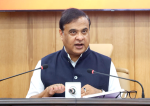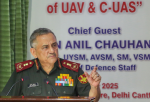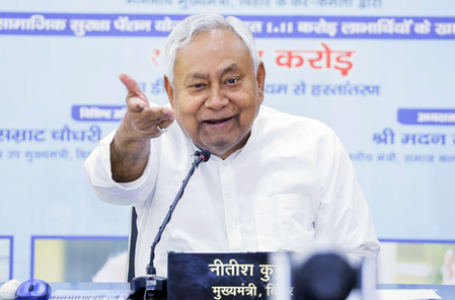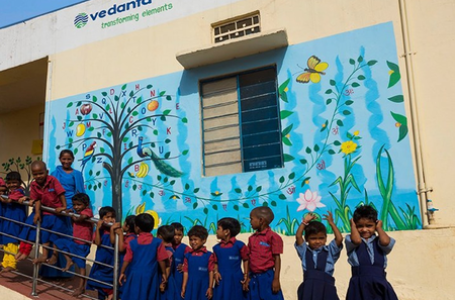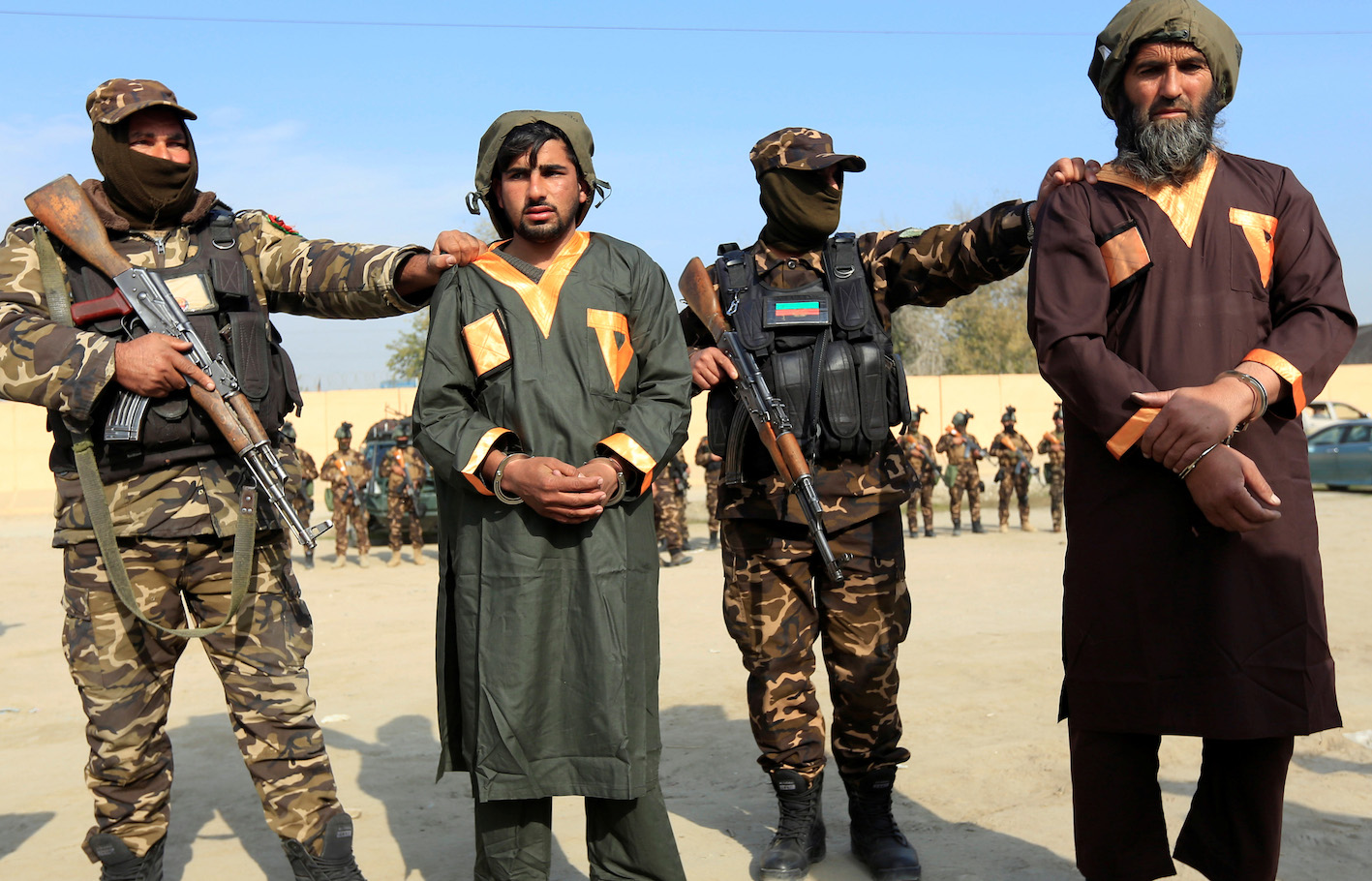
Representational image.
New Delhi: With the security situation in Afghanistan rapidly deteriorating, India sent a special Air Force aircraft on Saturday to take its diplomats and security personnel out from its Consulate in Kandahar to safety. This is despite the Indian embassy in Kabul saying as recently as July 6 that there was no plan to close the embassy or the consulates in Kandahar and Mazar-e-Sharif. Now the Embassy in Kabul is functioning, but with only essential staff, and the Consulate at Mazar-i-Sharif remains open.
The Indian embassy had, in an advisory last week, asked all Indians visiting, staying and working in Afghanistan to exercise the utmost caution about their security and avoid all types of non-essential travel, saying the security situation in Afghanistan was “dangerous” and that terrorist groups have carried out a series of complex attacks including targeting civilians. It added that Indian nationals additionally face a “serious threat” of kidnapping.
The move to vacate the Kandahar mission came a day after the Ministry of External Affairs said it was closely monitoring the deteriorating security situation in Afghanistan and its implications on the safety and security of Indian nationals.
“Our response will be calibrated accordingly,” MEA Spokesman Arindam Bagchi said.
India had vacated its consulates in Herat and Jalalabad earlier this year as fighting intensified between the Afghan National forces and the Taliban.
As the security situation in the war-ravaged country and around the southern city rapidly spirals out of control, India chose to pull out around 50 diplomats and security personnel from the Indo-Tibetan Border Police from its Kandahar consulate, which was first opened, along with the three others, at Herat, Mazar-i-Sharif and Jalababad, in 2013. India, which has invested over three billion dollars in development assistance to Afghanistan, had felt the need for the consulates to monitor its increasing development and reconstruction footprint in that country.
Fighting has raged particularly since the United States announced in April that it would pull all its troops out of Afghanistan by September 11. Seeing President Jo Biden’s announcement as a victory for themselves, the Taliban forces, feeling themselves on the ascendant, have relentlessly attacked the Afghan National Army forces and, according to reports, now claim they are in control of over 80% of the country.
When the US military quietly left the Bagram Airfield, its biggest and last base in Afghanistan on July 2nd, effectively ending it’s 20-year long “war against terror”, which in essence has remained unfulfilled, it all but signalled a surrender to the Taliban.
Despite Afghan National Security Adviser Hamdullah Mohib’s assurance on July 6, to the Afghan people and the world, that the Afghan National Security forces would win back all the districts that have fallen to the Taliban, his admission that government forces had not expected the Taliban offensive indicated that President Ashraf Ghani’s government had ceded control in a large part of the country. Mohib’s claim that they would “absolutely, definitely” counterattack has not yet seen the tide turn against the Taliban’s swift and continuing passage through the country, with Afghan forces even being forced to flee across the border into Tajikistan.
India’s move to temporarily close its consulate in Kandahar came after Taliban fighters are seizing control of key areas. While India has initiated some back channel dialogue with the Taliban’s political leadership in Oman, there is little hope that the fighters, who preach and practice a radical form of Islam, will be favourably inclined towards India, despite its huge development assistance work.
The Afghan Ambassador to India, Farid Mamundzay, briefed Foreign Secretary Harsh Vardhan Shringla on the situation in Afghanistan, about which New Delhi has been very concerned. In fact, the situation in Afghanistan dominated the dialogue between External Affairs Minister S Jaishankar and Russian Foreign Minister Sergei Lavrov on Friday, during the former’s visit to Russia. It also formed a key part of discussions when Jaishankar called on newly elected Iranian President Ebrahim Raesi earlier this week.
While India has consistently been supporting a national peace and reconciliation process in Afghanistan which is Afghan-led, Afghan-owned and Afghan-controlled, the rapidly worsening security scenario and the very real possibility of a forced Taliban takeover of the country, has pushed India into talking with Iran and Russia to try and revive some form of the Northern Alliance which was instrumental in ousting the Taliban back in 2001. The coming weeks are crucial to determine what the future holds for Afghanistan.
— India News Stream



 by Nilova Roy Chaudhury
by Nilova Roy Chaudhury
